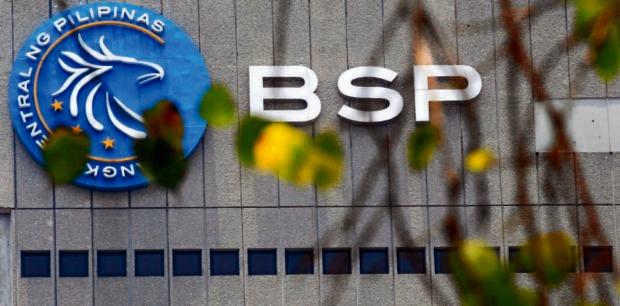Think tanks: BSP likely to maintain key rates in next meeting
Easing inflationary pressures would allow the Bangko Sentral ng Pilipinas (BSP) to maintain the policy rate at an already record-low 2 percent when monetary authorities meet on June 24, a couple of economic think tanks said.
But Capital Economics Asia economist Alex Holmes said the BSP was “likely to start loosening policy later in the year as inflation drops back.” The BSP usually cuts key rates in a loose or expansionary monetary policy in order to increase money in the system and stimulate spending.
The economist from the London-based think tank expects the BSP to resume easing rates a quarter from now, possibly during its Sept. 23 meeting, on expectations that headline inflation would “fall back sharply” during the second half even as a strong economic recovery could still be “some way off.”
“The [BSP] will probably stay in wait-and-see mode at Thursday’s meeting,” Holmes said in a June 18 report. He noted that despite the above-target inflation at the start of the year, Governor Benjamin Diokno had recently signaled “the need to keep policy accommodative.”
The rate of increase in prices of basic commodities averaged 4.4 percent year-on-year as of end-May, higher than the 2-4 percent target range deemed as manageable inflation.
Article continues after this advertisement“The economy is in need of more support. Although daily cases of COVID-19 are well-below their April peak, the situation remains dire. Our mobility tracker, which is based on timely data from Apple and Google, suggests that restrictions and social distancing remain a major drag on activity,” Holmes said.
Article continues after this advertisementSeparately, HSBC Global Research said in a June 18 report that the BSP would likely keep the overnight borrowing rate steady as “there’s been some improvement in economic activity in the Philippines over the last few weeks.”
“Daily COVID-19 cases have moderated from the previous peak. Average non-residential mobility has also improved as the government eases some of its more restrictive lockdown measures. Moreover, nominal and real interest rates are already at extremely low levels,” HSBC said.
“The good news is that inflationary pressures have waned, reducing the burden on the BSP to tighten monetary policy ahead of schedule to curb runaway prices. We believe that current policy settings are accommodative enough, while the need to potentially reduce accommodation has dissipated,” HSBC added.
